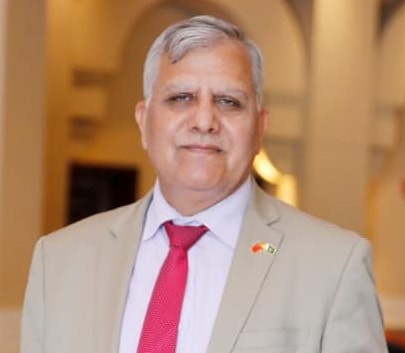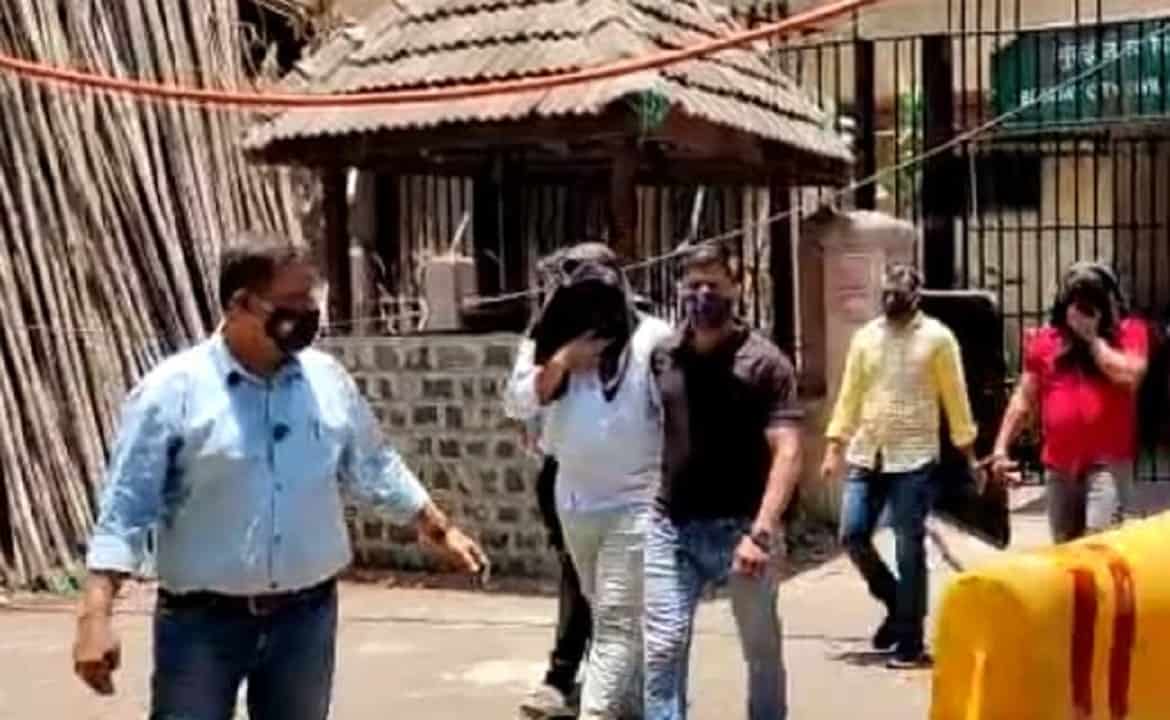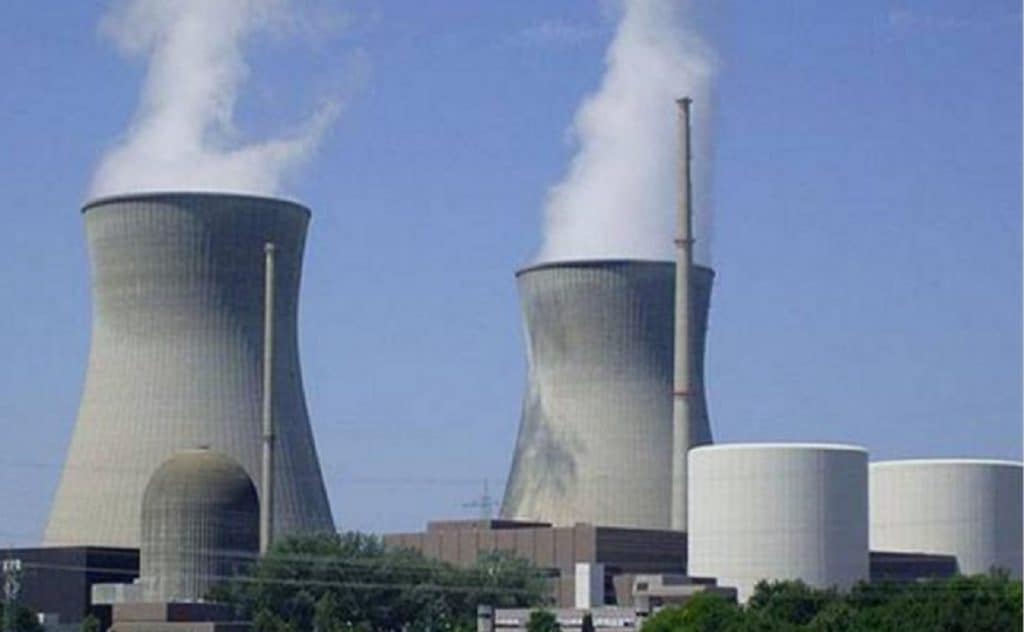By Prof. Engr. Zamir Ahmed Awan
India is passing through the worst human lives challenge posed by COVID-19. The official reported figures for new cases are at the above 400,000 daily and death toll above 4000 per day.

But the unofficial sources are saying this figure maybe 10 to 30 times higher. However, what so ever is the correct data, yet it is a problematic and seriously grave situation. The hospitals are full, no beds available for new patients, lack of Oxygen is causing an even worst scenario impact. Lack of vaccines and inadequate health care facilities are also affecting adversely.
India was already in a political and ethnic crisis before the outbreak of COVID-19. The unilateral change of status of Kashmir has created huge unrest. The discriminatory amended citizenship act was a significant cause of ethnic divide, turmoil and protests. The ailing economy has been witnessed for few consecutive years. While the state struggles on many fronts and seems to little progress or no progress, even deterioration is witnessed in few areas.
In this frame, shocking news has emerged from India, after Maharashtra Anti-Terrorism Squad arrested two people with 7-kg natural Uranium, this means that terrorists could buy Uranium from the black market in an Indian city to make dirty nuclear explosives.
The 7 kilograms seized. Uranium is worth millions of dollars in the nuclear black market, raising concerns if India has emerged as a potential hotspot in the illegal trade of nuclear technology and materials vital for a malicious atomic supply chain for state and non-state actors.

India TV reported that seized Uranium was sent to the Bhabha Atomic Research Centre (BARC) for analysis. “The report received from the research center mentioned that the substance was natural uranium, which is “highly radioactive and dangerous to human life.”
Uranium is a highly explosive and radioactive material that is enriched to make nuclear weapons. However, experts believe terrorists can also use Uranium for making dirty atomic explosives.
Indian authorities are yet to reveal how the two arrested persons got hold of such a large quantity of Uranium, who could be the potential buyers, and which state authorities were involved in Uranium smuggling.
The mere fact that the accused persons got the Uranium checked from a private laboratory to authenticate its purity revealed a more extensive network of buyers and sellers in the Indian nuclear black market.
It is not the first time smuggling of Uranium has been reported in India. Earlier in 2016, almost 9 kilograms of highly radioactive substance had been seized by police in the Thane area of Maharashtra.
At least 11 states in India have uranium reserves, with Andhra Pradesh, Jharkhand, and Meghalaya recording the largest reserves of radioactive material used in making nuclear weapons and explosives.
The International Atomic Energy Agency is yet to investigate how the proliferation of radioactive substances is taking place from India and how big is the black market of highly explosive substances.
The smuggling of radioactive substances from India has raised concerns if several terrorist organizations like RSS, AQIS, ISIS, or some state actors could buy it from the Indian nuclear black market to make dirty bombs.
According to International Atomic Energy Agency standards, Uranium’s theft indicates vulnerabilities in security and control systems of India at the originating facility or during transport.
In 2019, 189 incidents were reported to the IAEA Incident and Tracking Database (ITDB) by 36 States, indicating that unauthorized activities and events involving nuclear and other radioactive material, including incidents of trafficking and malicious use, continue to occur.
As of 31 December 2019, the ITDB contained a total of 3686 confirmed incidents reported by participating States since 1993. Of these 3686 confirmed incidents, 290 incidents involved a confirmed or likely act of trafficking or malicious use.
The situation is alarming as this is the only case noticed; there might be more similar cases un-noticed. As the state is over-engaged in many other emergencies and loosens the grip on internal law and order situation, makes few over-claver criminals use the opportunity for similar acts in future too. It is hoped that IAEA may enforce strict measures to ensure no such case may happen in India or anywhere else in the future.
Author: Prof. Engr. Zamir Ahmed Awan – Sinologist (ex-Diplomat), Editor, Analyst, Non-Resident Fellow of CCG (Center for China and Globalization), National University of Sciences and Technology (NUST), Islamabad, Pakistan.
(The views expressed in this article belong only to the author and do not necessarily reflect the editorial policy or views of World Geostrategic Insights).







